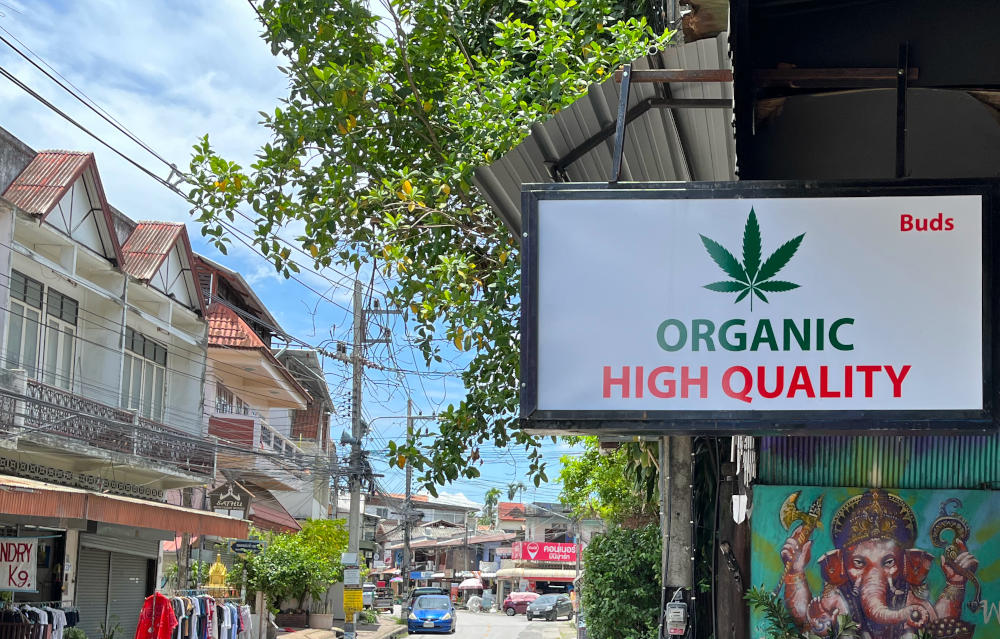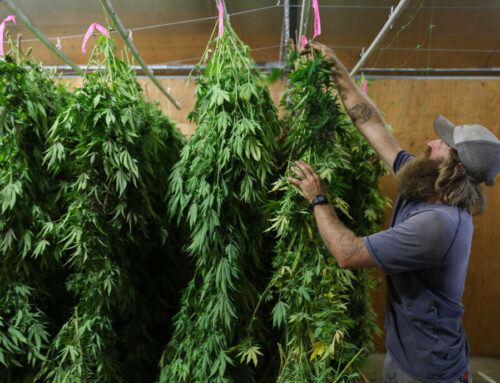Thailand’s Backpedal on Cannabis: New Bill to Ban Recreational Use Amid Regulatory Challenges
WORLD- Thailand’s journey with cannabis legalization has taken a sharp turn as the government proposes new regulations to curb what it perceives as unintended recreational use. A draft bill, introduced on January 9, aims to impose stringent restrictions and penalties on the recreational consumption and sale of cannabis, marking a significant shift in the country’s cannabis policy.
The proposed legislation follows a surge in cannabis shops and widespread recreational usage after the country decriminalized cannabis. Under the new bill, recreational use of potent cannabis products would be banned. Individuals caught smoking cannabis for recreational purposes could face fines up to 60,000 baht (approximately $1,709.53), while those selling cannabis or its extracts for non-medical purposes could face a year in jail or fines up to 100,000 baht (about $2,849.21), or both.
The bill also seeks to prohibit advertising and marketing campaigns for cannabis flower, extracts, and related paraphernalia. Additionally, it introduces penalties for driving under the influence of cannabis, including fines and potential jail time. Tighter controls over cannabis planting, sales, exports, and imports are also part of the proposed changes.
Health Minister Cholnan Srikaew, in speaking to Thai media, emphasized the need to correct the “wrong usage of cannabis,” clearly stating that all recreational use is deemed incorrect. This stance is echoed in the draft bill, published on the health ministry’s website, which explicitly allows only medical uses of cannabis.
Thailand initially decriminalized low-potency cannabis in a series of steps, becoming the first Asian nation to do so. The move was part of broader regulations laid out in 2018 for medical cannabis, making Thailand the first Southeast Asian country to legalize cannabis for medicinal purposes. However, the recent influx of cannabis shops and a perceived “regulatory vacuum” have prompted concerns and a reevaluation of cannabis policies.
The new draft bill has met with criticism from cannabis advocates. The Thai Cannabis Future Writing Network expressed disappointment over the lack of consultation with the civil sector, contrary to what was promised by officials. The group raised concerns about various aspects of the draft bill, challenging the approach and highlighting a lack of fact-based measures.
The deadline for public opinion on the draft bill is set for January 23, after which the cabinet will consider the legislation and suggestions before it moves to Parliament for further discussion. This development in Thailand’s cannabis policy reflects the complexities and challenges governments face in regulating emerging cannabis markets and balancing medical needs with concerns about recreational use.



































